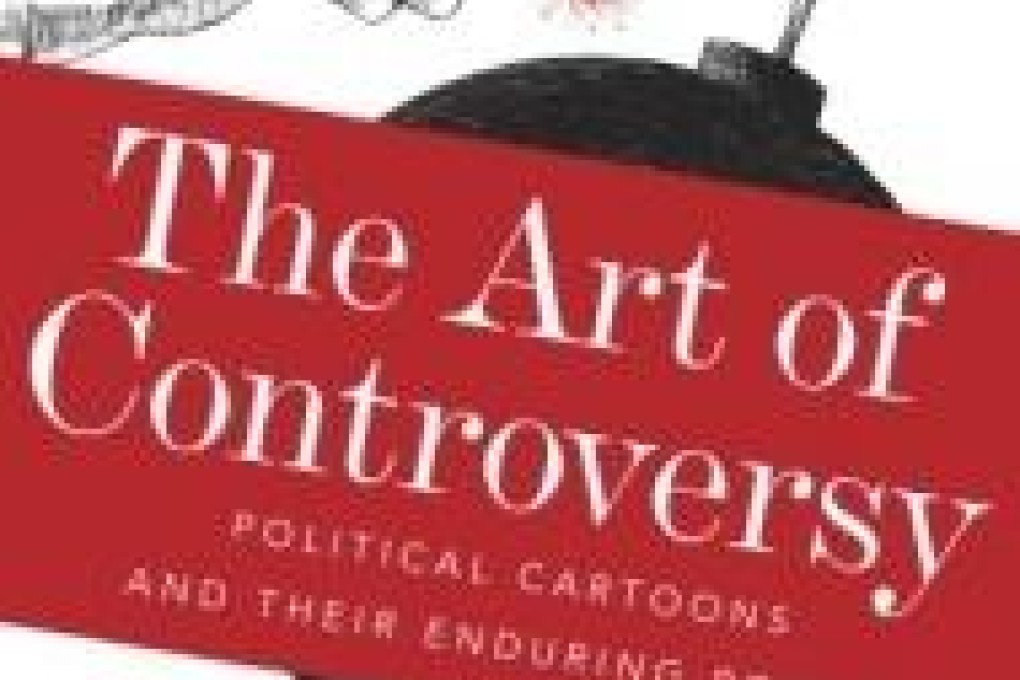Advertisement
Book review: The Art of Controversy, by Victor Navasky
Victor Navasky is the former editor and publisher of leftist journal The Nation, and he has stories to tell.
Reading Time:2 minutes
Why you can trust SCMP

by Victor S. Navasky
Alfred A. Knopf
Advertisement
Victor Navasky is the former editor and publisher of leftist journal The Nation, and he has stories to tell.
One of these stories involves David Levine, the caricaturist who gave The New York Review of Books its signature look. In 1984, asked to provide a drawing of Henry Kissinger, Levine composed a wicked one. It depicted the former US secretary of state having intercourse with a naked woman whose head is the earth. Its title: "Screwing the World."
Advertisement

Advertisement
Select Voice
Select Speed
1.00x